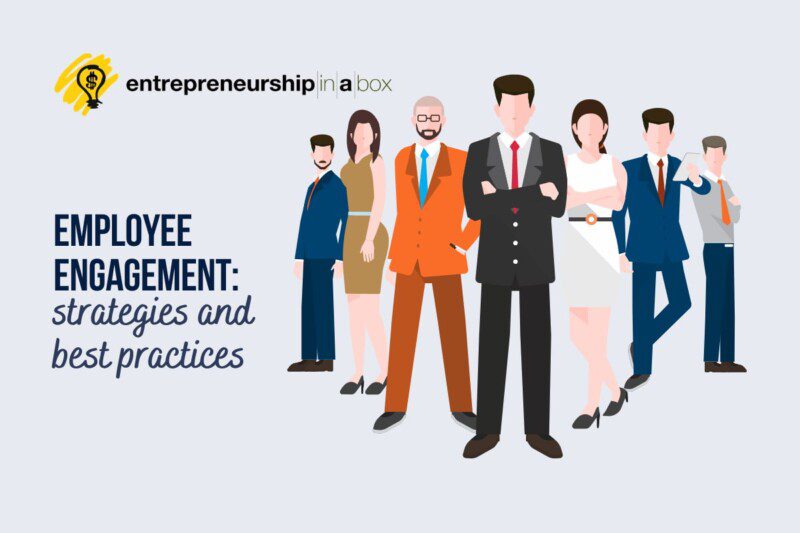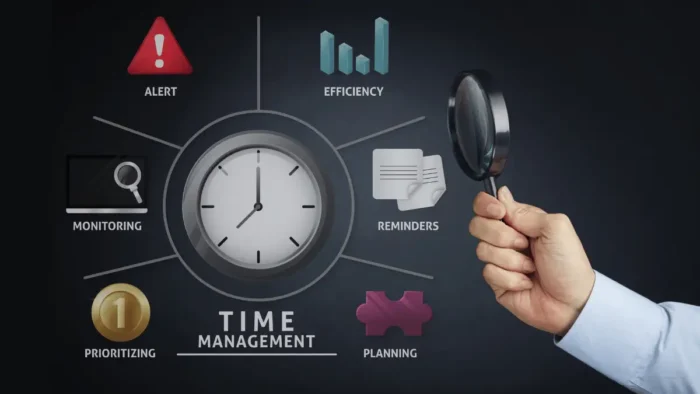Employee engagement is essential for the success of any business. A workplace must be an environment where employees feel valued, motivated, and connected to their work to maximise efficiency and customer satisfaction.
The following article will explore the significance of employee engagement, its strength, and effectiveness, and outline effective strategies for sustaining it over the long term.
Why Does Employee Engagement Matter?
Employee engagement is a key factor in the success of any organisation. An engaged workforce yields many benefits, such as increased productivity and customer satisfaction, fewer absences due to illness or injury, improved morale and company culture, better retention rates for new hires, and more creativity from team members. A lack of engagement can lead to decreased performance levels, higher turnover rates, reduced customer loyalty, and a less positive work environment.
Related: Game-Changing Strategies to Catapult Your Business to Thrive
The Power of Employee Engagement
A business cannot succeed without its people—and excellent employee engagement is essential for any business to thrive in today’s market. It is vital to success because it drives productivity and profitability. It also helps create a culture of collaboration within an organisation and leads to increased customer satisfaction and retention.
By recognising achievements, communicating regularly, encouraging collaboration, and fostering involvement/autonomy through platforms such as the Power2Motivate reward system, businesses can effectively boost morale while increasing productivity – leading them down pathways towards greater profits through improved customer service experiences as well!
Best Practices for Boosting Employee Engagement
The good news is that there are many ways to boost employee engagement in an organisation. Here are some best practices for doing so:
Recognise & Reward Employees
Acknowledging hard work will make your team feel appreciated and valued, which can go a long way toward boosting morale and increasing productivity. Consider creating an incentive program or rewards system where employees receive recognition based on performance goals they have achieved or missions they have completed.
Communicate Clearly & Often
Communication plays an important role in maintaining high levels of employee engagement and building trust between management and staff members throughout the organisation. Establishing open lines of communication helps ensure alignment across departments. It allows managers to better understand their teams’ needs and concerns by providing regular feedback based on performance data from daily activities or tasks completed during the week or month.
Encourage Collaboration & Teamwork
Collaboration helps create opportunities for growth within an organisation; encouraging cross-functional teamwork will help build relationships between different departments while promoting creative problem-solving skills throughout the company. Start by hosting regular team meetings where everyone can share ideas openly and brainstorm how best to solve specific challenges faced by the group as whole or individual members from each department separately.
Involvement & Autonomy
Involvement means giving your team more autonomy over their work; this includes more freedom to make decisions about their projects as well as having access to resources necessary for tackling complex tasks without needing approval from management beforehand every single time something needs to be done (within reason).
This approach encourages innovation among staff members while allowing them to take ownership over certain areas within their job responsibilities — ultimately leading them toward greater job satisfaction overall, which directly impacts overall performance levels within an organisation positively too!
Conclusion:
Employee engagement is key to unlocking business success, but it doesn’t have to be difficult. Investing in your people pays off when it comes time for them to pay you back with loyalty, dedication, and hard work – don’t wait another day before getting started on making sure everyone feels appreciated within your workplace environment!





